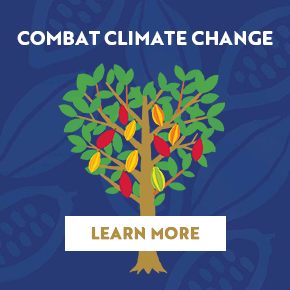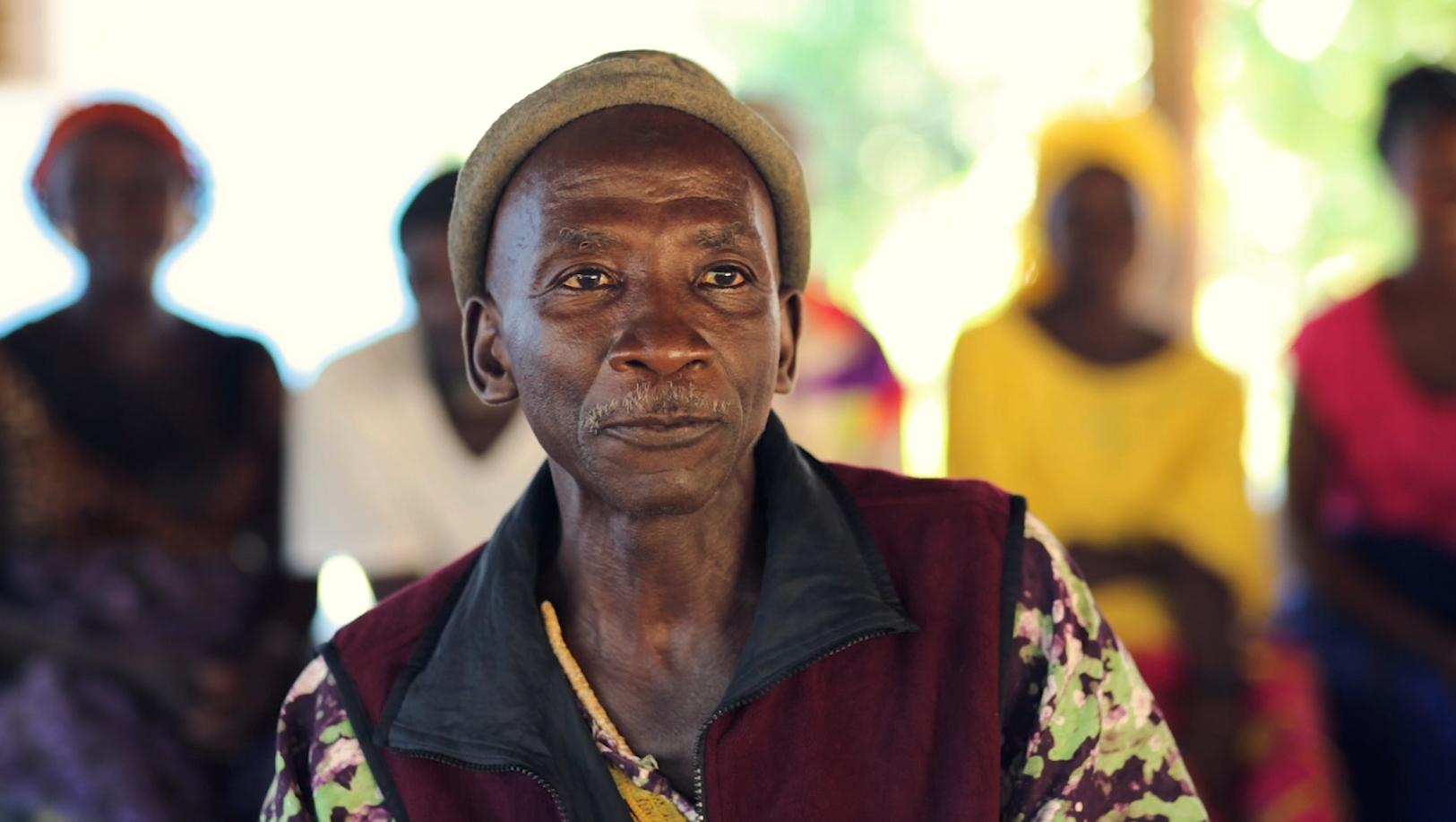Moriba’s province is characterised by a series of very small villages, with Gorahun in the centre, which is a small town of around 1,000 people. Whereas Gorahun is relatively well-developed, having clean water and fairly decent toilet facilities, many of the villages surrounding Gorahan are extremely remote, and do not have these essentials.
Moriba explains: “We got everyone together to carry out a needs assessment for our area. We then worked up a development plan which will guide how we spend our Fairtrade Premium money. Clean water and good toilets are a priority. A lot of the communities where the cocoa is grown, they don’t have really good water. Sometimes people have to go the stream to get water to drink or to old water wells which are not very good for our health. We aim to have two water stand-pipes and two toilets in each village. This will reduce those diseases we get from contaminated water, and sanitation will be promoted in our community.”
Other priorities in the development plan include education, road infrastructure, a communal rice mill and a new marketplace for Gorahun:
Education
Many farmer parents in Sierra Leone cannot afford to send their children to school, as school fees need to be paid to attend. Even with their income from cocoa, rice or palm oil farming, families struggle to have enough money to send children to school. Moriba wants to address this problem: “We have children, and these children are going to school, but normally our earnings are too low to actually continue paying for our children to carry on after primary school. So our development plan includes working with development partners to provide scholarships. These scholarships will keep children in education until secondary school, helping our community to become well educated.”
Road infrastructure
Another important need that Moriba elaborated on was the local road network. “There are certain villages that are actually producing cocoa, but those villages are not accessible. So if we get the premium there are certain villages that we need to connect up with new roads, so that farmers can go and bring the cocoa to the town, making transportation a lot easier.”
And it’s not just roads themselves, as the roads are sometimes carried over bridges which are old, crumbling and in desperate need of repair: “Another thing we found out about the road network is that there are certain villages that have good roads, but the bridges are damaged. So the transportation of the cocoa is stopped and people have to carry the cocoa. We have also decided in our development plan, to focus on repairing a few key bridges to connect the busiest cocoa-travelling routes to the collection centres.”
Communal rice mill
It is common in the Gorahun region of Sierra Leone to see women and children in the hot sun pounding freshly harvested rice for hours on end, using huge pestles and mortars. It is back breaking work, but necessary to create processed rice for cooking as their staple food. Another thing in Moriba’s development plan is to invest in a communal rice mill. The mill, a significant investment, will belong to all members of the Ngoleagorbu cooperative. Moriba shared his frustrations on the current situation: “We found out that our wives and children have a lot of work burden on them. Especially when it comes to pounding rice. They use the mortar and pestle. There are times when lunch is delayed to dinner time, because the pounding of the rice is so time-consuming.”
Their solution? To buy a rice mill, which will cut the time and effort to process the harvested rice dramatically. It will also generate income for members of Ngoleagorbu and Moriba plans to charge non-Ngoleagorbu members to use it, thus helping cover the running costs of the mill. Any surplus will be invested in the community: “The reason why we have said we are going to buy the rice mill, is because it is going to reduce the workload on our women and children. And secondly, it will also generate income for us.”
A new marketplace for Gorahun
Another problem that Moriba and his community identified during the needs assessment was the fact that Gorahun does not currently have a central daily market for buying and selling food. Moriba’s plans therefore include money set aside to build a marketplace in the town. Special features included in the initial designs for the marketplace include new toilets and a new water pipe.
Moriba explains: “We lack a proper daily marketplace. We don’t have a structure where our people can really go to assemble their wares. It will be a proper structure, with a roof, so that we can do business in all weathers. And everyone will know where to go to buy or sell, helping to boost our local economy. That’s what we really need.”
One of the women supporting this community development is Amie G, another cocoa farmer and member of the Ngoleagorbu cooperative. She said: “We really need this marketplace- especially for the women. When we build the market, it will promote unity among women, because it will become an important gathering place for the community to come together. At the moment, we just have makeshift stalls and tables outside our houses and on our verandas; the new marketplace will become the focal point for the town and when people from other towns and villages come, they will gather in the marketplace and easily identify where to buy our community’s goods.”
Hope for the future
Moriba was very positive and hopeful that the Fairtrade Premium would bring prosperity and improved quality of life to the people of the Gorahun region. He works hard to ensure all of the community members have their say in how the money should be spent, and has taken a personal oath to ensure the money is spent judiciously.
As Lucia Mansaray, another of the Ngoleagorbu farmers who works alongside Moriba put it, “Everything written in our development plan, if we go according to that and achieve everything, it will create a huge difference in our lives.”






